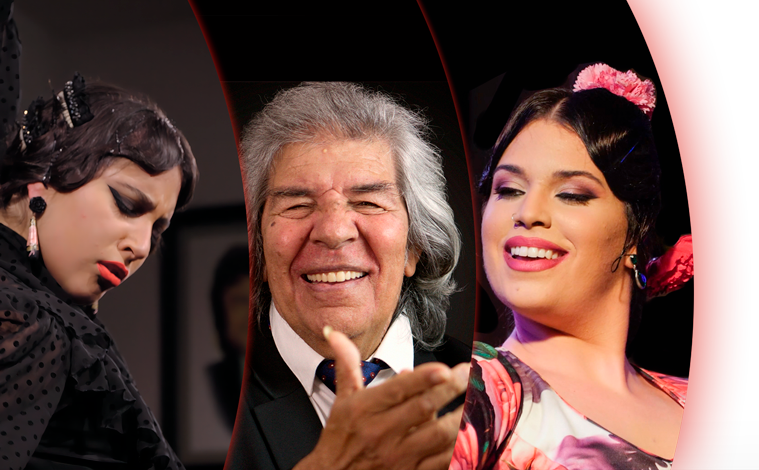
The world’s largest flamenco audiovisual collection
Watch Anytime Anywhere
The Best Flamenco Music at Your Fingertips

Over 1,600 titles
Explore the largest video library of the best flamenco music
Quality and Exclusivity
Weekly and exclusive premieres produced with the highest quality
Multi-Device
Watch them on your mobile, tablet or PC
You can watch us on
TV Channel
We are in Spain on your local operator, and in France and Switzerland on Orange, SFR, Bouygues, Free, Salt.
APP
Enjoy our Webapp to Enjoy Anywhere Anytime
Prime Video
Find us on our Prime Video channel

The Best Flamenco Artists in the World
Over 1,500 World-Class Artists, Past and Present
Watch an Extensive Collection of Flamenco Music
Big and small, recitals, concerts?
from theaters, peñas and emblematic places.
The Best Flamenco Dance and Singing
Pure, modern, avant-garde, classic


Documentaries, Fashion, Interviews
and so much more
Frequently Asked Questions
What is ALL FLAMENCO?
It is the streaming service and TV channel to experience the best modern flamenco music in Spanish, English and Japanese.
The most recent festivals, recitals, concerts of great artists, exclusive interviews, features, classes, flamenco fashion shows and documentaries to learn about the flamenco of yesterday, today and ever.
What is ALL FLAMENCO?
It is the streaming service and TV channel to experience the best modern flamenco music in Spanish, English and Japanese.
The most recent festivals, recitals, concerts of great artists, exclusive interviews, features, classes, flamenco fashion shows and documentaries to learn about the flamenco of yesterday, today and ever.
How to watch ALL FLAMENCO?
There are 3 ways to do it:
1) by means of our TV CHANNEL available on operators in Spain, France and Switzerland;
2) our APPs; and
3) our channel on PRIME VIDEO CHANNELS Spain. Each of these three modalities is independent and must be contracted separately.
In addition, a new APP has recently been launched through Vimeo with new functionalities that is independent from the previous one. The old APP is available exclusively for previously existing subscriptions.
How much does ALL FLAMENCO cost?
You can start discovering ALL FLAMENCO completely free by visiting our Free Content section, or subscribe to one of our plans if you want more. Check our Plans.
Is registering the same as subscribing?
No, it is independent. Registration does not imply that you have to pay anything or make any kind of commitment. First you register or sign up as a user, which will allow you to enjoy our Free Content section. You can then choose a subscription plan that will allow you to play all ALL FLAMENCO content as many times as you want.
